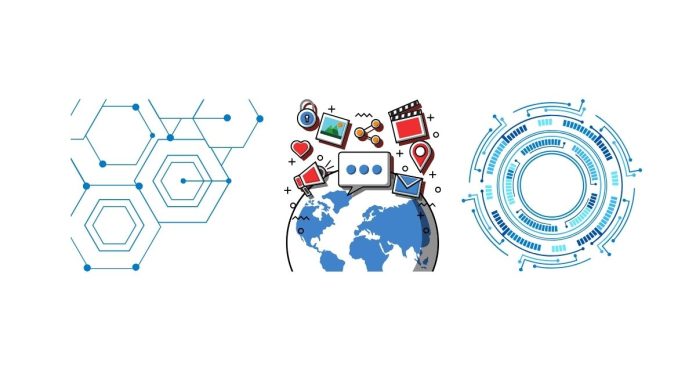Technology, as we know it today, has drastically evolved over centuries. From the development of simple tools to the complex computers and machinery of the modern world, technology has been central to the advancement of human civilization. But when exactly was the first technology created? In this blog post, we’ll explore the origins of technology, the first known tools, and how the definition of “technology” has evolved over time.
What Is Technology?
Before we dive into the history, it’s important to define what “technology” actually means. Technology can be understood as the application of scientific knowledge for practical purposes, especially in industry and everyday life. It encompasses tools, machines, techniques, systems, and processes that humans develop to solve problems and improve their lives.
However, in its most basic form, technology began with the first tools created by early humans. These primitive tools marked the beginning of a long journey of innovation that would ultimately shape the modern world.
The Beginning of Technology: Early Stone Tools
The first form of technology was likely created by our early human ancestors, dating back millions of years. Archaeological evidence suggests that early humans began creating simple tools around 2.5 million years ago. These tools were crafted from stone, bone, and wood and were primarily used for hunting, cutting, and processing food.
The earliest known stone tools are referred to as the Oldowan tools, which were used by Homo habilis, one of the first species of early humans. These tools were rudimentary and included things like sharp-edged stones for cutting and pounding.
- Oldowan Tools: Simple stone flakes and cores used for cutting and scraping.
- Acheulean Tools: Later, around 1.76 million years ago, Homo erectus advanced to more sophisticated tools, such as hand axes made from stone, showing significant progress in technology.
The Development of Fire: Another Early Technology
Another early technological advancement that was pivotal in human history was the discovery of fire. The controlled use of fire provided early humans with warmth, protection from predators, and a way to cook food, which made it easier to digest and obtain more nutrition.
While the exact timeline is uncertain, evidence suggests that humans began mastering the use of fire around 1.5 million years ago, during the time of Homo erectus. Fire played a crucial role in human survival and was one of the earliest forms of technology that drastically influenced the course of human evolution.
The Agricultural Revolution: A Major Technological Shift
Technology took a significant leap forward around 10,000 years ago during the Neolithic Revolution, when humans transitioned from a nomadic hunter-gatherer lifestyle to settled agricultural societies. This shift allowed people to develop farming tools and techniques that revolutionized food production.
- The plow, invented around 3000 BCE, made farming more efficient, leading to the growth of civilizations.
- Irrigation systems helped sustain crops in dry regions, allowing for the development of cities and trade.
This period of technological advancement laid the foundation for future developments in metallurgy, architecture, and written language.
The Industrial Revolution: The Birth of Modern Technology
Fast forward to the 18th and 19th centuries, and we see the Industrial Revolution, a period marked by rapid advancements in technology. This era witnessed the invention of machinery that transformed production methods and significantly increased industrial output.
- The steam engine, developed by inventors like James Watt, was one of the most important inventions, powering factories, ships, and trains.
- The spinning jenny, invented by James Hargreaves, revolutionized the textile industry.
- Electricity: The invention of the electric light bulb by Thomas Edison and the development of electrical power systems laid the groundwork for modern industries.
These innovations sparked a wave of technological progress that continues to influence our lives today.
Modern Technology and Beyond
Today, technology has reached an unprecedented level of sophistication. The invention of the computer in the mid-20th century and the subsequent development of the internet have connected the world in ways never before imagined.
Technological advancements in medicine, artificial intelligence, space exploration, and renewable energy are just a few examples of how technology continues to evolve at a rapid pace. We are now living in the digital age, where information and communication technology dominate every aspect of our daily lives.
The first technology created by humanity began with stone tools and the mastery of fire millions of years ago. These early innovations paved the way for more complex technologies that transformed society, from agricultural tools to the steam engine and beyond. Technology has evolved through many stages, and each stage has brought about new possibilities for human progress. Today, we stand on the shoulders of these early technological achievements, as we continue to create new technologies that will shape the future of our world. The journey of human innovation is far from over, and who knows what the next breakthrough will be!


